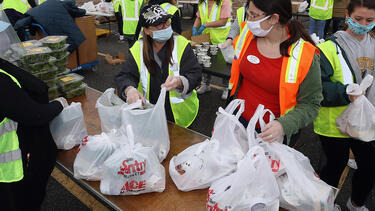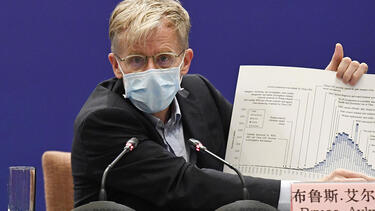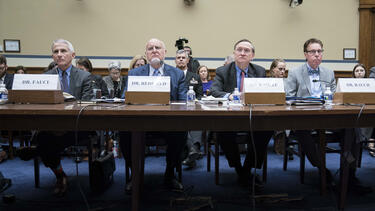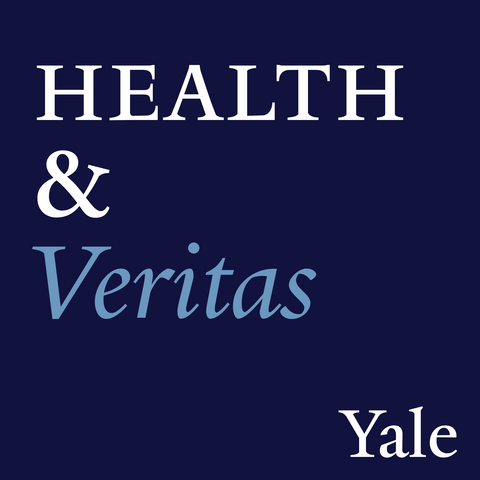Healthcare
A Whole-Person Approach to Mental Health
Christina Mainelli ’11, CEO of Quartet Health, explains how the company solves bottlenecks around access, quality, and fragmentation to deliver whole person care.

Faculty Viewpoints: The Economic Policy Response
In an online conversation, Yale faculty members discussed the steps already taken to prevent the COVID-19 crisis from turning into economic catastrophe, and the need for more effective healthcare policies.

What’s Next in the Fight against COVID-19?
Experts from schools in the Global Network for Advanced Management discussed what we have learned over the first weeks of the pandemic and what it tells us about what comes next.

Faculty Viewpoints: The Public Health Response
In an online discussion, Yale faculty members discussed what’s missing from the public health response to COVID-19 and offered visions of the post-pandemic world.

Time to Put on a Mask
A team of Yale researchers says we should all be wearing cloth masks, but give the surgical masks to healthcare workers.

When Corporate Acquisitions Affect Healthcare
Companies often purchase competitors, not to acquire their ideas and products, but to shut them down. A recent report raised questions about whether such an acquisition may be partially responsible for a shortage of ventilators in the United States.

How Is the Pharmaceutical Industry Responding to COVID-19?
As pharmaceutical companies work to develop potential vaccines and treatments for COVID-19, they are operating under extreme pressure—as well as the restrictions on movement and interaction that are affecting all of us.

A Global Crisis Requires Global Collaboration
On March 24, experts in finance, economics, and health from Global Network schools in seven countries gathered for an online conversation about the state of the COVID-19 pandemic, the economic fallout, and the path to recovery.

Why Isolating Older Americans Would Be a Huge Mistake in Fighting the Coronavirus
In a Fortune commentary, Dr. Michael Apkon ’02, president and CEO of Tufts Medical Center, and Yale SOM’s Dr. Howard Forman and Jeffrey Sonnenfeld write that such an approach would be dangerous and ineffective.

Why the WHO Was Afraid of Crying ‘Pandemic’
Yale SOM’s Saed Alizamir, with Francis de Véricourt of ESMT and Shouqiang Wang of the University of Texas at Dallas, recently published a study that uses game theory to play out the tradeoffs that the WHO and other public agencies face as they try to give timely warnings while maintaining their credibility.

How Should the U.S. Government Respond to COVID-19?
On March 12, a group of public health experts assembled by Yale SOM’s Dr. Howard Forman released a proposal for a set of emergency public health, healthcare, and emergency support measures to respond to the growing COVID-19 outbreak.

